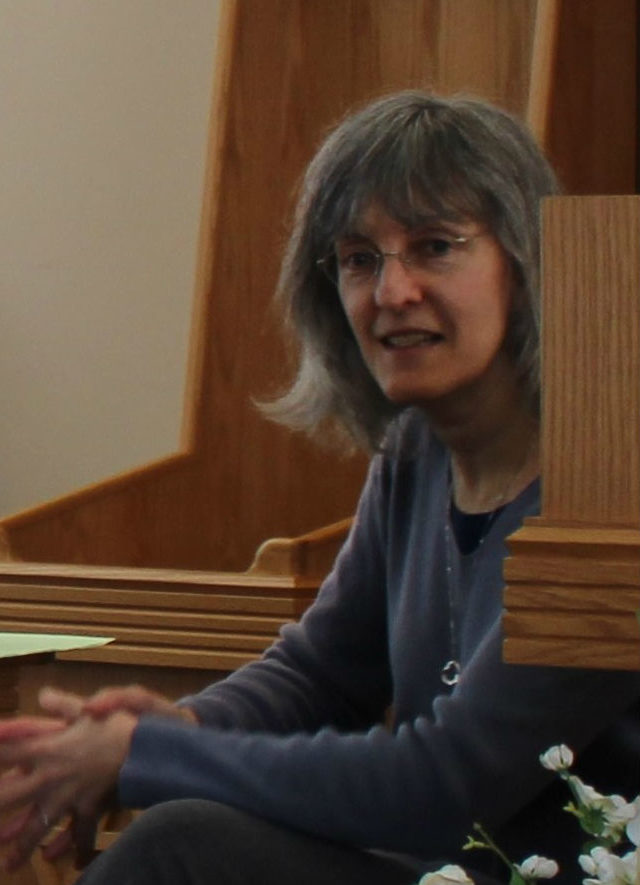A d’var Torah for Parashat Korach
I often notice comparing and self-judging thoughts arise when I read about the work of activists: There they are speaking boldly at major rallies, or tweeting or blogging to many followers, or traveling to meet with Important People. What am I doing? Why aren’t I more like them?
Then I remind myself – yet again – that we each serve in our own way, and that one path of service is not superior or inferior to any other. There is more than one way to be a human rights activist… and that’s okay. In fact, it’s okay to not even be a human rights activist at all.
We usually understand the biblical story of Korach to be about rebellion against authority, a power grab. Yet at the root of Korach’s impulse to rebel is comparing and self-judging, which lead him to envy. Korach the Levite compares himself to Moses the leader and Aaron the high priest. He compares the social role he has been given with the roles that Moses and Aaron have. And Korach becomes envious.
Korach says to Moses and Aaron: Rav lachem / you have too much. Rashi unpacks the expression: You have taken more greatness upon yourselves than is proper. Rabbinic tradition is clear that Korach’s criticism masks his own desire for importance and power. Moses throws the expression back at him and his followers, and adds: Is it too little (ha-m’aht) for you that the God of Israel divided you from the community of Israel to bring you close to God to do the work of the Lord’s tabernacle, to stand before the community to serve them?
This contrast of rav and m’aht – a lot and a little – also shows up in a talmudic teaching:
It was often in the mouths of the rabbis of Yavneh: I am a creature, and my friend is a creature. My work is in the city, theirs is in the field. I get up early to do my work, and they get up early to do their work. Just as they do not boast about their work, I do not boast about my work. And perhaps you will say I do much and they do little, [but] we learn [Menachot 101a] “one brings a large offering, one a small offering – [it matters] only that one directs one’s heart toward heaven.” (Berachot 17a)
Sometimes our efforts to do meaningful work in the world are complicated by the desire to be important, to have power, to Be Somebody. When envy arises, we have a choice: We can respond like Korach, with destructive criticism and perhaps even a power grab. We can respond like the rabbis of Yavneh, reminding ourselves that ultimately comparing and self-judging are besides the point, which is to serve God. And there is yet another, related option.
In rabbinic tradition there is a concept of kinat sofrim, loosely translated as student-envy. Kinat sofrim is envy of our peers which can lead us to destructive criticism and undermining, or motivate us to want to do our own work better. So this is the third option: We can recognize and transform envy into energy – to raise the quality of our own work, whatever it is.
Randy Kafka serves as Rabbi of Temple Kol Tikvah in Sharon, MA. Her husband is a seismologist, which is the real reason that Korach is her favorite Torah portion. She is the author of So May It Be: Reflections On What Really Matters.


